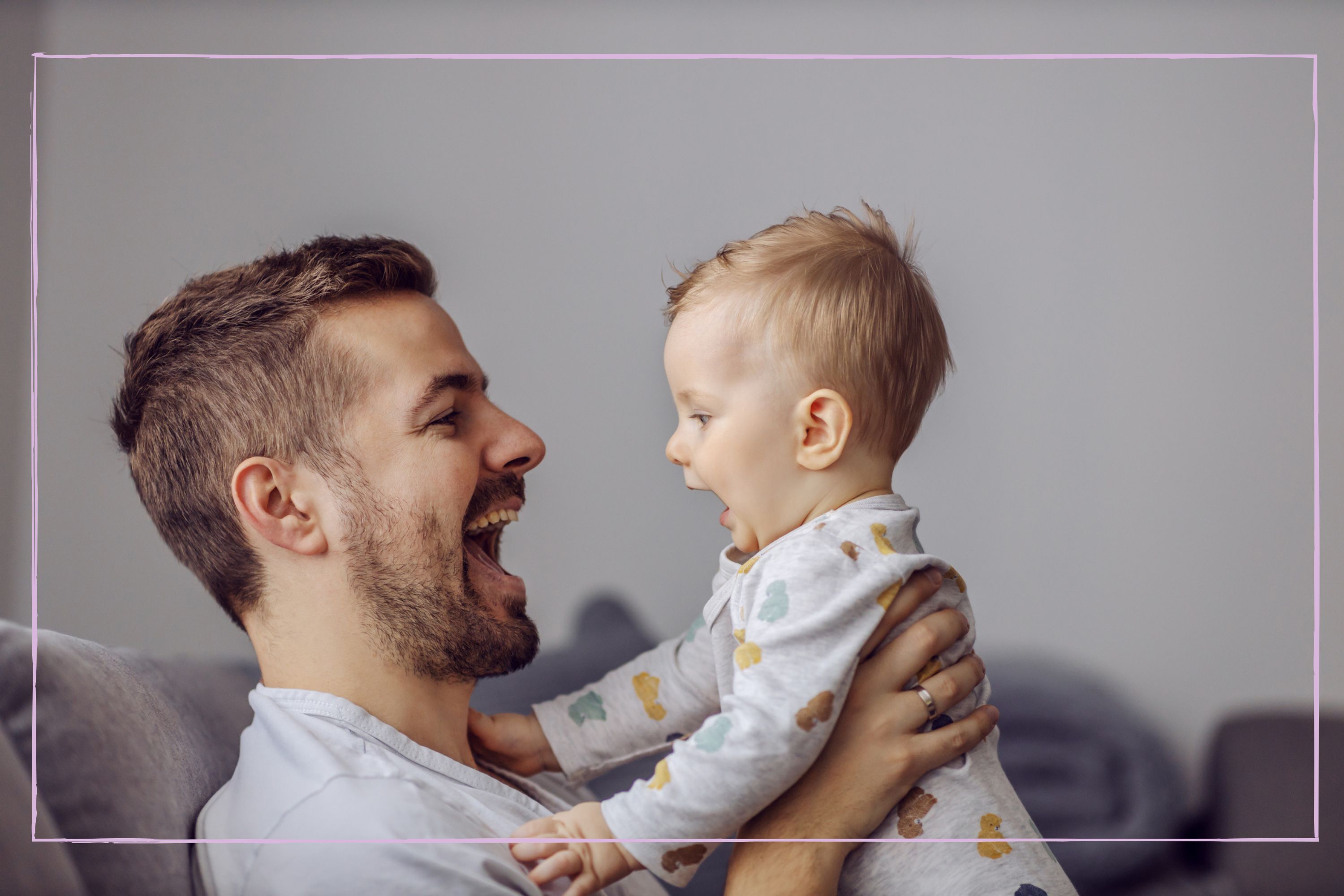You've selected a for your child, and when they've arrived you wait eagerly for those milestones. One of the most exciting of these , is undoubtedly your baby's first word. For mothers, what can feel a little insulting is when that first word happens to be "dada.
" While it might appear this is because they have no appreciation for the fact their mother carried them, fed them and were likely their primary caregiver for the first few months of their lives, saying "dada" first is actually all about linguistics. Writing in , linguistics professor explains everything. The expert describes that sounds including "d," "t," "p" and "b" are referred to as "oral sounds.

" Meanwhile, "m" is more nasal, as air flows through the nose when it's uttered. Babies have the ability to babble both oral and nasal sounds, but tend to favour oral. Having the "d" sound appear more frequently in their vocabulary, means they'll simply lean more towards "dada" just because it happens to begin with a sound they're more adept at.
GoodtoKnow family editor, , understands just how difficult it is to hear "dada" first. She says "My husband only had 12 days with a newborn Ted and then worked most weekends, so it was just me and my little shadow all day everyday so when he came out with Dada first it stung. I get that it's an easier word to say but still.
Ouch." What linguists have also noted, is a lot of diversity in the way different countries refer to fathers - "dada," "papa" and "tata" are just three of many.
















